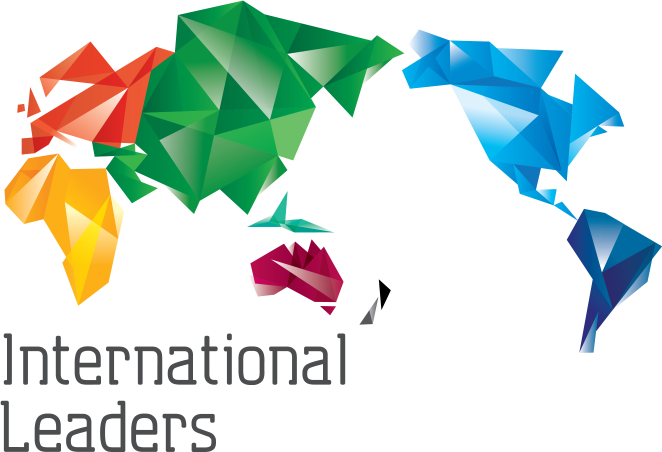Western Australian Leaders
Phone: 0423 674 157
Email: info@waleaders.com.au
Website: www.waleaders.com.au
Osborne Park WA

By Paula Smith | WA Leaders Advisory Board
There is no real need to go into lengthy explanations about the definition of a training budget and why we need one, but it is a good idea to look at the benefits and dangers of training our key people and the costs of not training them.
Many medium to large organisations invest anywhere from 2 to 5% of a team member’s salary on training and development. While that may not be realistic for a small business, it is important to find a training budget per team member your business can afford.
Training staff can bring numerous benefits to a business, including:
Overall, training staff can lead to a more skilled, engaged, and productive workforce, which can ultimately benefit the business in so many ways.
There can also be some dangers of training your staff too and this is why many organisations can often view training as a waste of time, resources and money.
To mitigate these risks, it’s important to carefully plan and design training and development programmes (including coaching and consulting) to ensure they are effective and address specific needs, communicate the benefits of training to employees to encourage buy-in, and evaluate the impact of training to ensure it is delivering the desired results. And you also want to encourage ‘Heutagogy’ thinking. Stay tuned for a another blog on the definition and the value of heutagogy.
If you don’t invest in the training and development of your team, you’ll end up with a team and an organisation that is no longer relevant in today’s fast and every changing competitive business environment.
Yes, we do prefer you plan all your training needs through your organisational strategic plan, but we also understand that you sometimes haven’t manage to spend that training allocated budget (and you don’t want to lose it next year) so touch base if you would like to explore how best to allocate your budget that aligns to your organisational goals.
For more information about the contents of this article please contact Dr Paula Smith at psmith@paulasmith.com.au
Dr Paula Smith – Keynote Speaker,
Master Trainer, Coach, Consultant and Researcher
Helping
your organisation to be future ready - Influential Communication and Leadership Development
(BA Training and Development, Masters Leadership, PhD Organisational Leadership)
Western Australian selects leading growth companies to become Members.
Phone: 0423 674 157
Email: info@waleaders.com.au
Website: www.waleaders.com.au
Osborne Park WA

